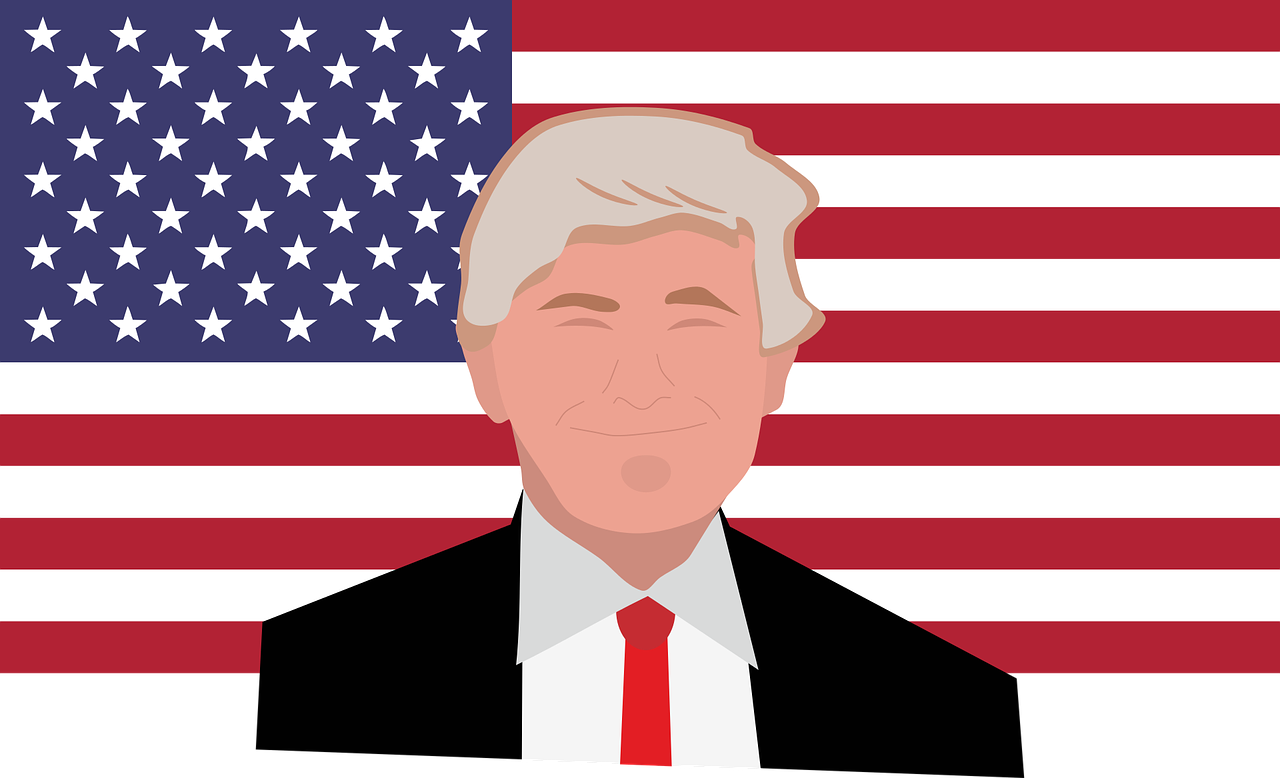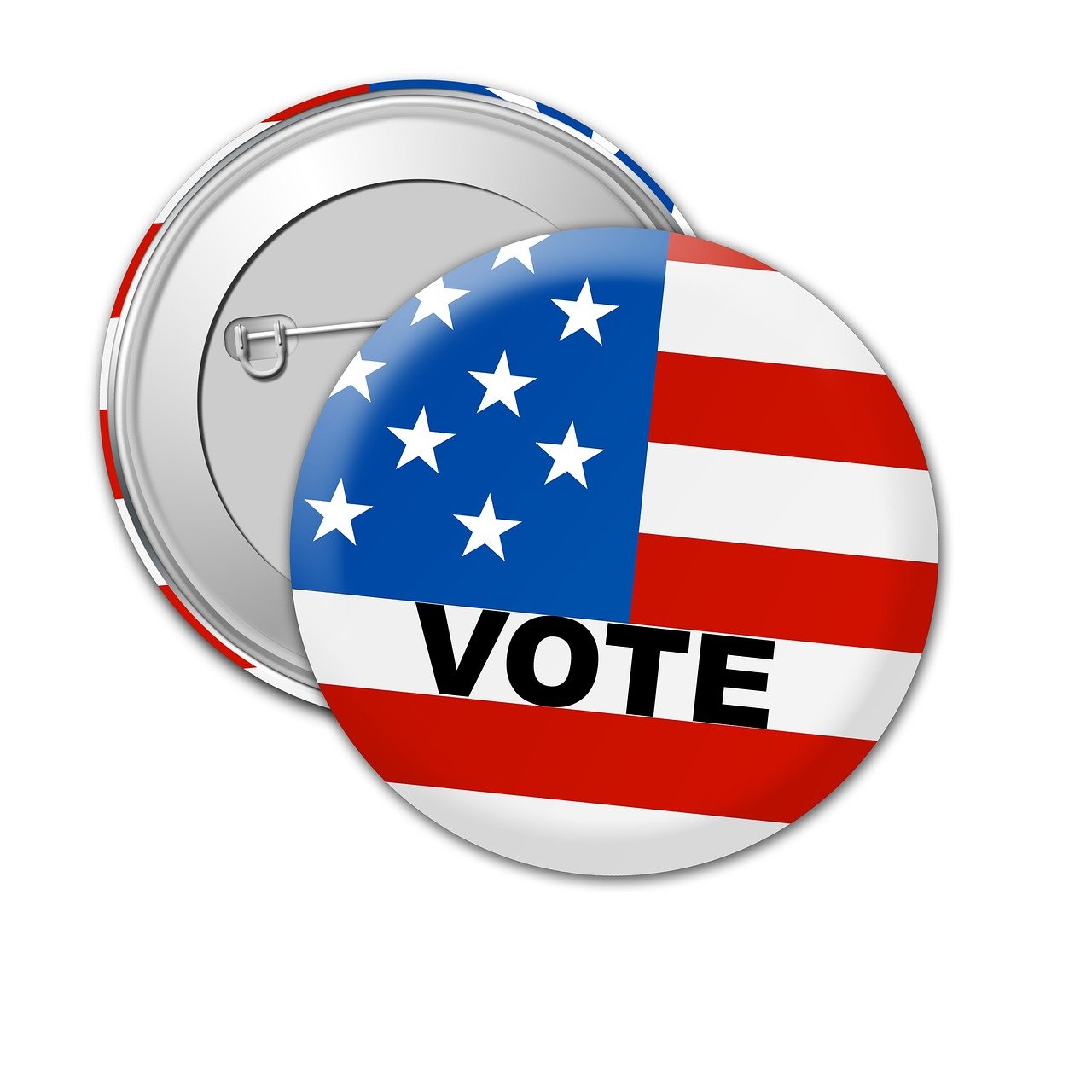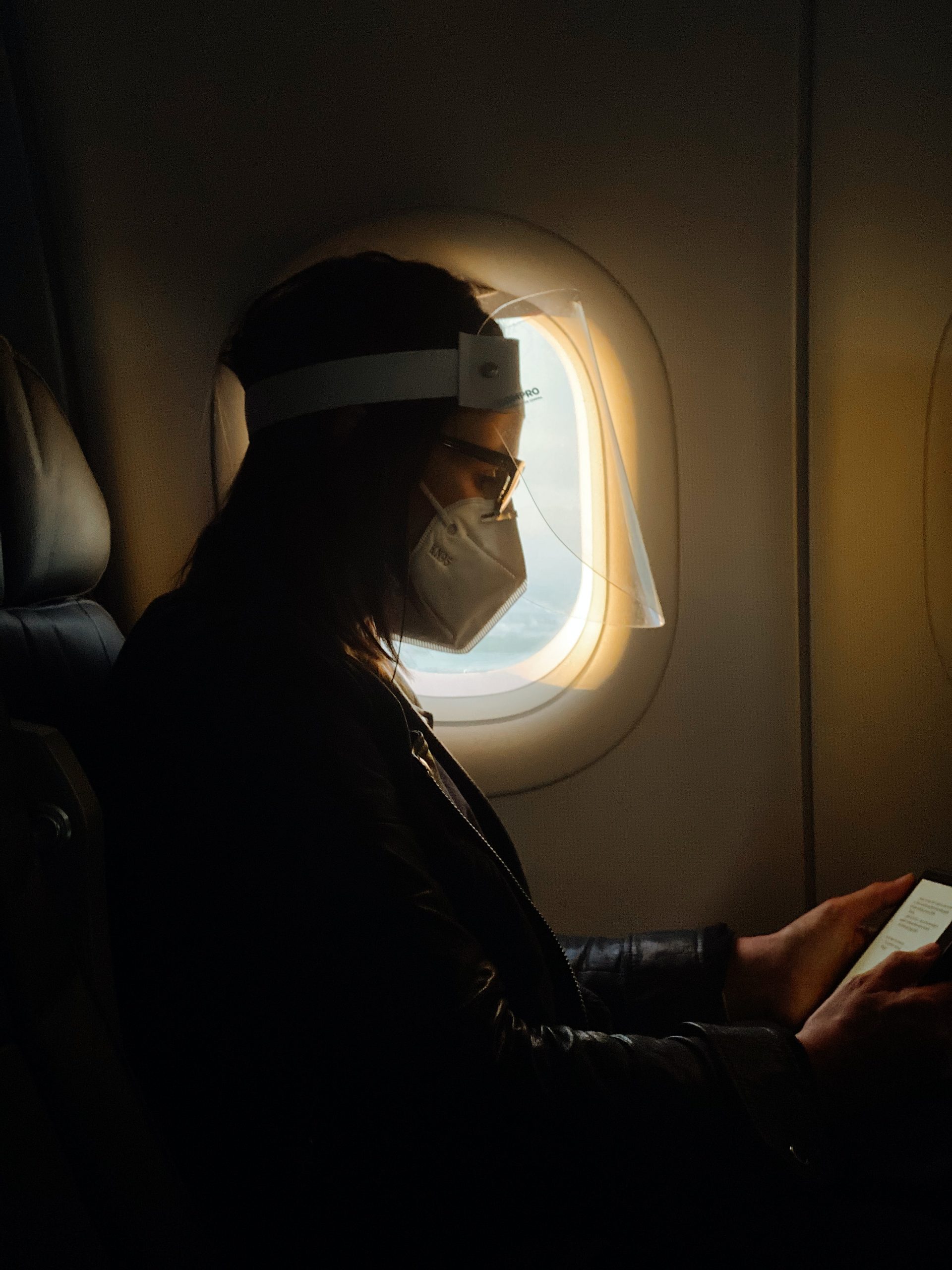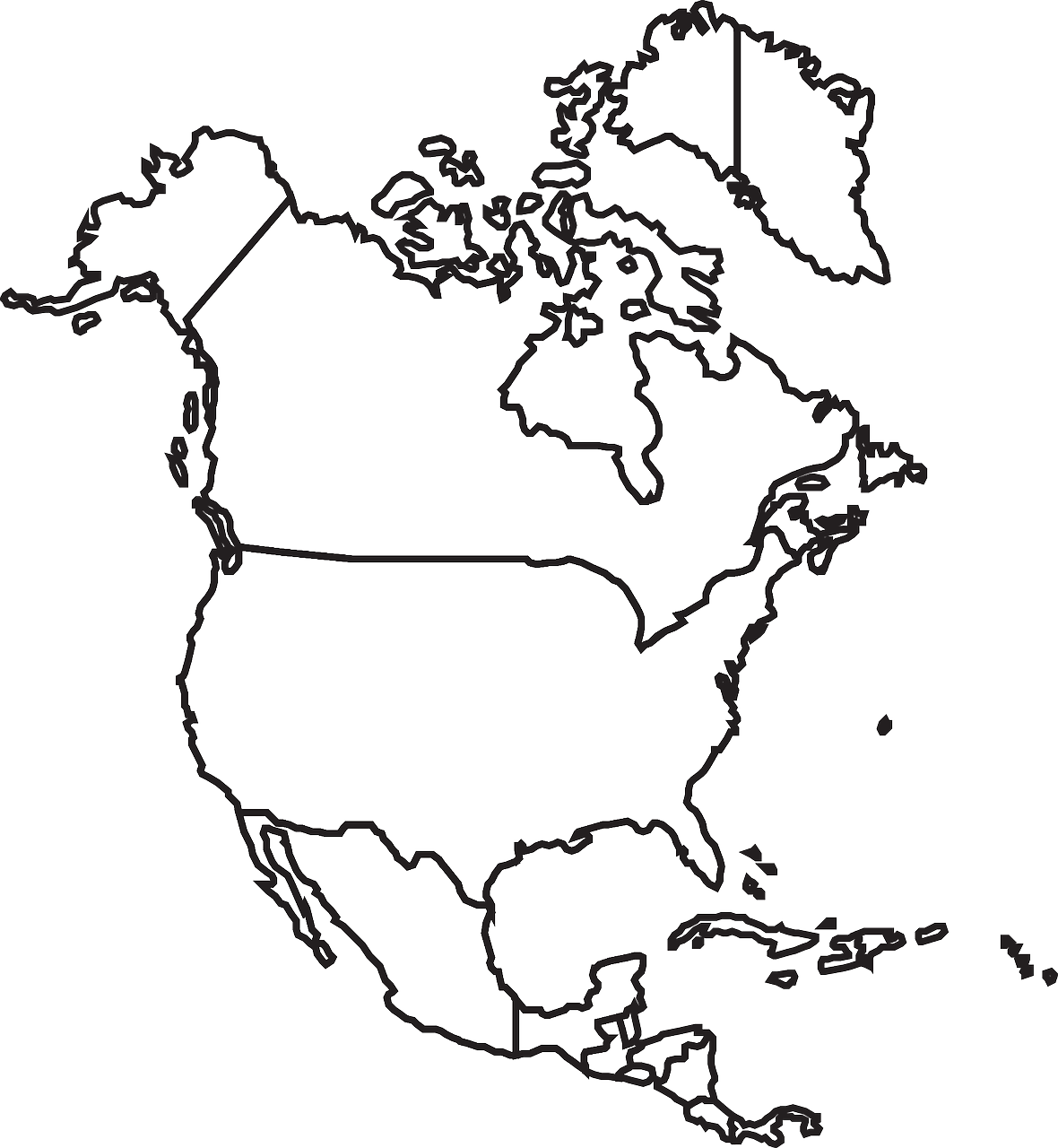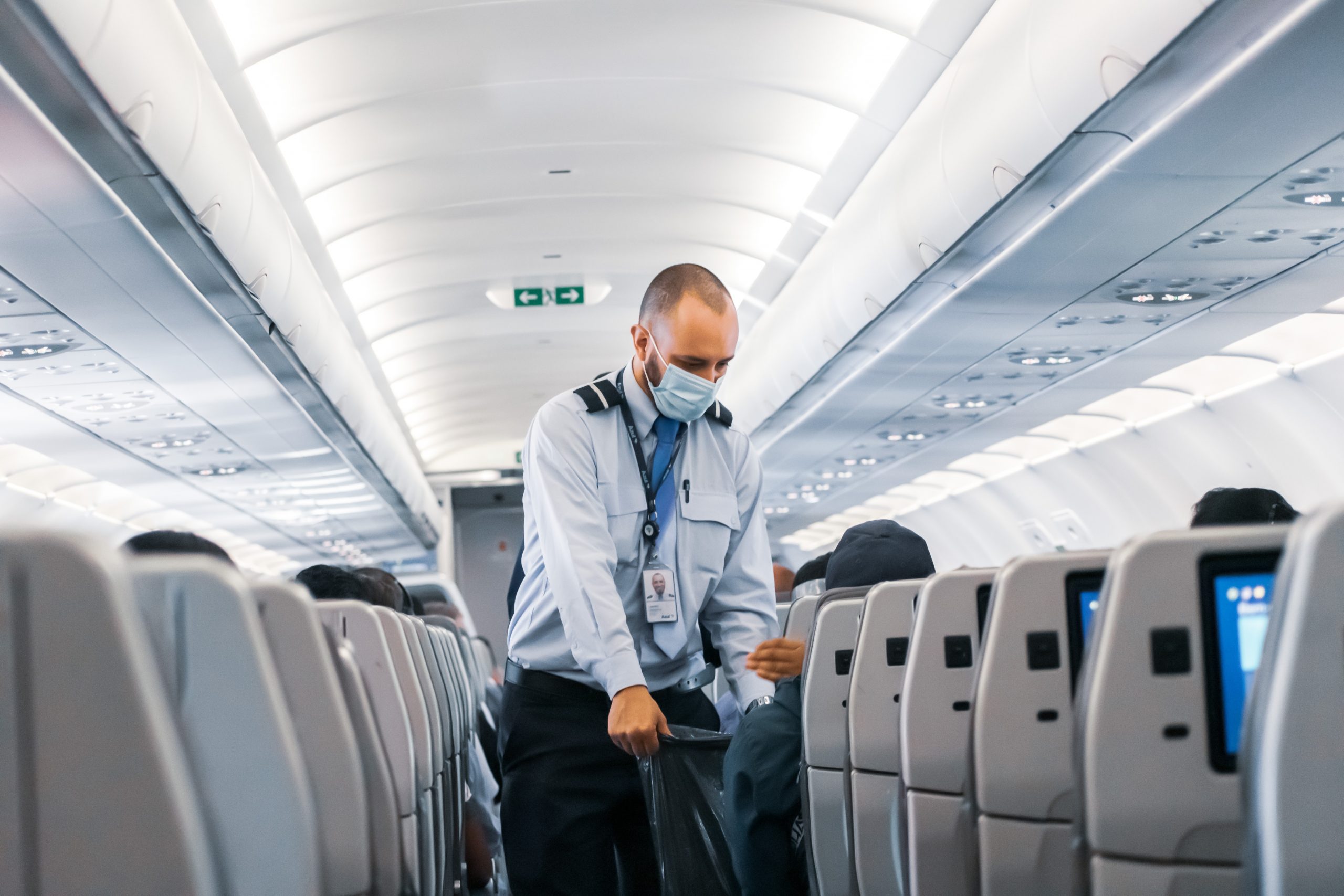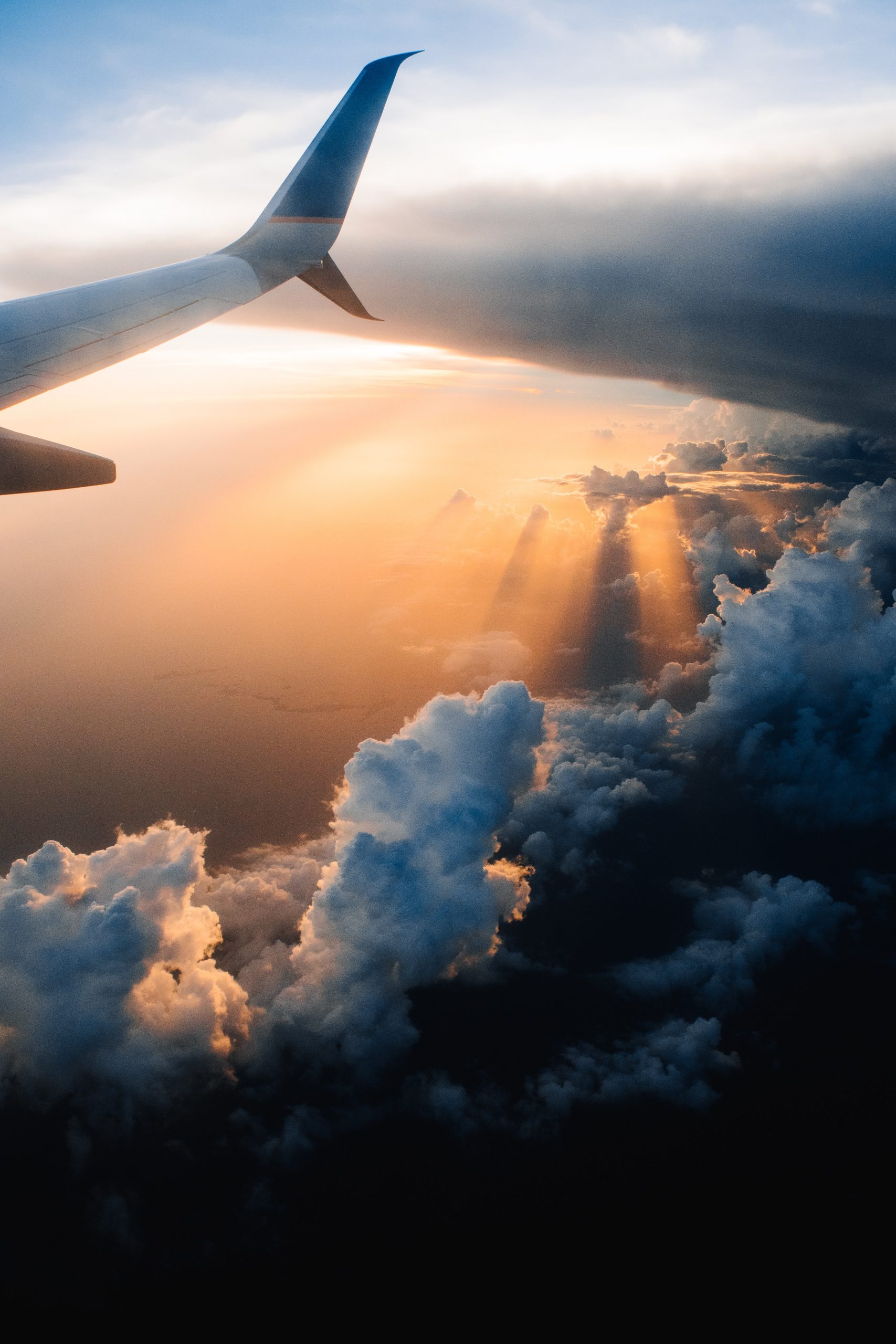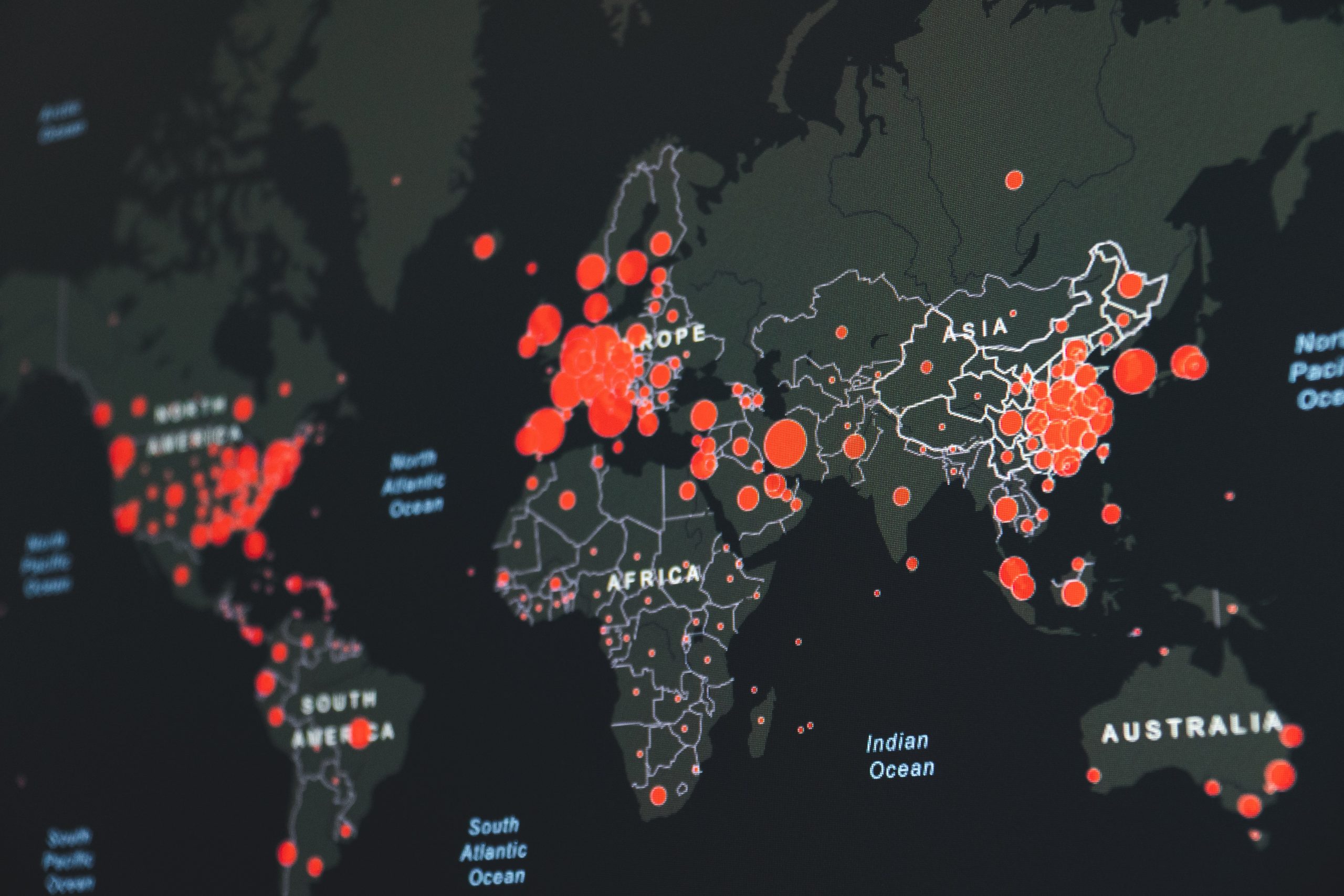
Welcome back to Visalawyerblog! We hope that you had a restful Thanksgiving holiday break with your friends and family members.
In this blog post, we share with you some unfortunate new developments relating to the ongoing Coronavirus pandemic that will restrict the entry of foreign nationals from certain countries to the United States.
Just as the United States was beginning to ease restrictions on international air travel for the fully vaccinated starting November 8th, the world has once again been thrown into turmoil as a new Coronavirus variant known as “omicron” has been revealed with new cases emerging throughout Europe, Australia, South Africa, and the Netherlands.
President Biden Signs New Travel Ban Proclamation Amid Omicron Variant impacting South Africa, Botswana, Zimbabwe, Namibia, Lesotho, Eswatini, Mozambique, and Malawi
President Biden and his Chief Medical Adviser were briefed on the unfolding situation, and on Friday, November 26, 2021, President Biden signed Presidential Proclamation, “A Proclamation on Suspension of Entry as Immigrants and Nonimmigrants of Certain Additional Persons Who Pose a Risk of Transmitting Coronavirus Disease 2019,” that restricts the entry of non- U.S. Citizens who were physically present within the Republic of South Africa, Republic of Botswana, Zimbabwe, Republic of Namibia, Kingdom of Lesotho, Kingdom of Eswatini, the Republic of Mozambique, and Republic of Malawi, during the 14-day period preceding their entry or attempted entry to the United States.
The new travel ban becomes effective at 12:01 a.m. eastern standard time on Monday, November 29, 2021, as part of a global effort to reduce the spread of the omicron variant to the United States. The Proclamation does not apply to persons aboard a flight scheduled to arrive in the United States that departed prior to 12:01 am eastern standard time on November 29th.
While no confirmed cases of the variant have yet been announced in the United States, the Chief Medical Adviser has explained that its eventual spread will be inevitable. The new travel ban indicates that the Republic of South Africa informed the World Health Organization (WHO) of the new Omicron variant on November 24, 2021, and two days thereafter the WHO announced the new “Omicron” variant as a cause for concern that has been increasing in almost all provinces in the Republic of South Africa. Based on this information, and the lack of genomic sequencing throughout Southern Arica, the government has imposed the new travel restrictions from the named regions.
How long will the travel ban last?
At this time, we do not know how long the bans will remain in place, however it is very likely that they will remain until the Biden administration believes it is safe to rescind the travel bans. As has occurred with the previous COVID-19 geographic travel bans, it is highly likely that the new travel ban will remain in place until it is determined that current vaccinations approved by the U.S. Centers for Disease Control and Prevention are effective against the emerging Omicron variant. The Proclamation indicates that it will remain in effect until terminated by the President. Within 30 days, the Secretary of Health and Human Services must recommend whether the President should continue, modify, or terminate the Proclamation.
Continue reading
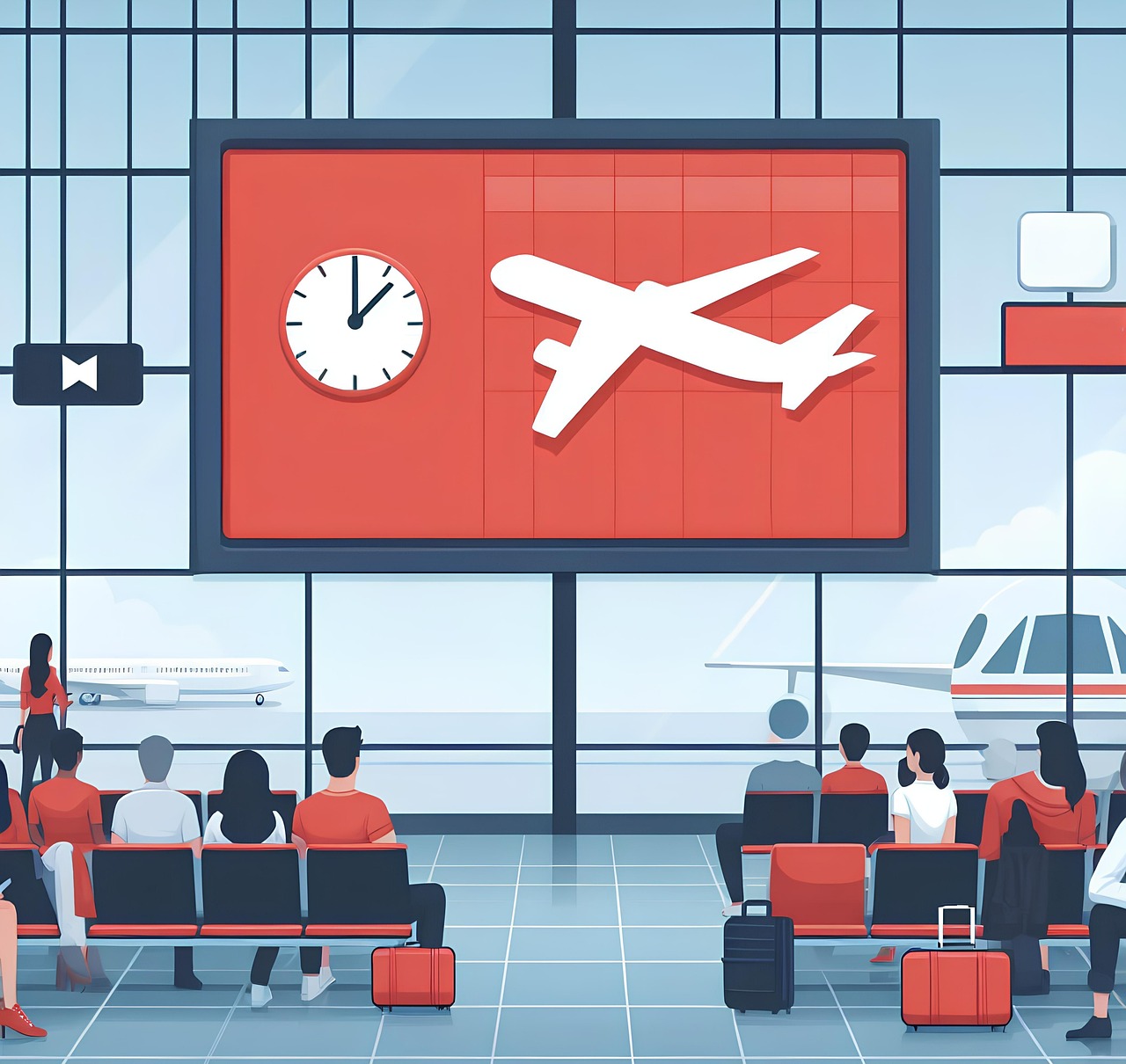 We knew it was coming. The Trump administration is preparing to roll out a new ban on travel to the United States, restricting the entry of citizens from certain countries for which vetting and screening warrants a partial or full suspension of admission to the United States. This travel restriction is rumored to take place by executive action next week.
We knew it was coming. The Trump administration is preparing to roll out a new ban on travel to the United States, restricting the entry of citizens from certain countries for which vetting and screening warrants a partial or full suspension of admission to the United States. This travel restriction is rumored to take place by executive action next week. Visa Lawyer Blog
Visa Lawyer Blog


